
Wearing hard hats and dressed in black, thousands of people rallied in Bangkok on Sunday, using Hong Kong-inspired tactics to defy the authorities and demand that the prime minister resign and the power of the royal family be curbed.
The government is struggling to control an unprecedented student-led movement that began on university campuses and has since spread to streets across the country. Protesters have risked long jail sentences to breach the country’s ultimate taboo and call for reforms to the monarchy, demanding that the institution be answerable to the people. They also want wider democratic reforms including a new constitution.
In a game of cat and mouse with the police, who have already arrested dozens of activists on charges such as sedition, protest leaders told followers to wait on standby on Sunday, the fifth day of unrest. “Where shall we meet today hmmm?” a key protest group posted on Facebook, before later urging people to quickly gather at two of Bangkok’s busiest travel hubs, Victory Monument and Asok.
Last week the government announced a ban on gatherings of more than four people in the capital in an attempt to stop demonstrations. It has since stepped up legal threats, warning that people could face two years in prison if they post a selfie at a rally.

At least 80 people have been arrested, including key protest leaders, according to Thai Lawyers for Human Rights. Two people were charged under a rarely used law banning “violence against the queen” after a group of people heckled a royal motorcade carrying Queen Suthida last week. The charges carry a possible death sentence if her life is thought to have been threatened.
At Victory Monument, where around 10,000 people gathered, protesters waved pictures of detained activists, chanting “release our friends” and calling police “slaves of dictatorship”.
A police spokesman, Kissana Phathanacharoen, told a news conference: “We are committed to maintain peace and order. In order to do so we are bound by laws, international standards, human rights.”
In scenes reminiscent of Hong Kong’s pro-democracy demonstrations, crowds of protesters in Bangkok used hand gestures to relay messages and formed human chains to pass umbrellas to people at the rally’s front. Many protesters wore hard hats and goggles as a precaution after water cannon were fired to disperse crowds, including school students, on Friday.
Supplies of face masks and bottled water bought from donations collected online were handed out to protesters. Meanwhile, at one train station that closed its doors in compliance with a government order aimed at halting protesters, dog food was left alongside a note that read “a loyal dog deserves a reward”.

Protests also took place in at least 19 other provinces on Sunday, with crowds in many locations shining their phone lights after dark. Solidarity protests were also being held or planned in Europe, the US, Canada and Taiwan. Hong Kong activists such as Joshua Wong and Nathan Law sent messages of support.
Law described the Thai protesters as courageous, and said students from both movements were fighting against undemocratic systems. “The structure of the problem is different but at the end of the day we see a lot of parallels between these two cases,” he said, pointing to the use of legal charges and water cannon against protesters, and the closure of transport systems to try to thwart rallies. “These little tricks share the same colour.”
Ties between Hong Kong and Thailand students have grown in recent months, with online activists uniting in opposition to authoritarianism, using the hashtag milk tea alliance – a playful reference to their shared love of the drink.
Thailand’s student-led protests began at the start of the year when the courts banned a prominent opposition party that was popular among young people. Rallies paused due to the coronavirus pandemic but have resumed over recent months, with young people saying they are fed up with an establishment they accuse of stifling democracy and mismanaging the country.
Protesters are calling for replacement of the constitution, which was passed under military rule and which they say gave the prime minister, Prayuth Chan-ocha, an unfair advantage in last year’s elections. Prayuth, who first came to power in the 2014 coup, denies this and has rejected calls to resign.

Students have also challenged the monarchy, an institution long considered untouchable and which, according to the constitution, is “enthroned in a position of revered worship”. Anyone who “defames, insults or threatens the king, queen, heir-apparent or regent” can face up to 15 years in prison.
Despite this, protesters have continued to demand reform, arguing that the monarchy – and the military, with which it is closely aligned – must be accountable if Thailand is to have a true democracy.
The king, who spends most of his time living in Germany, succeeded his father, King Bhumibol Adulyadej, in 2016 and has since strengthened his authority. After succession, he took direct control over a palace fortune estimated in the tens of billions of dollars, and as well as some army units.
On Saturday protesters painted a flag on the road alongside the words “Republic of Thailand”. The writing was painted out overnight.
The royal palace has not commented on the protesters’ demands.







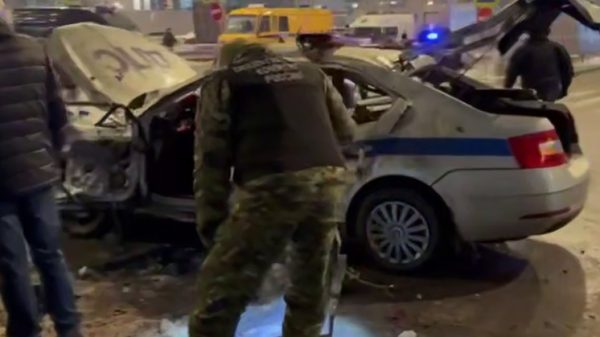


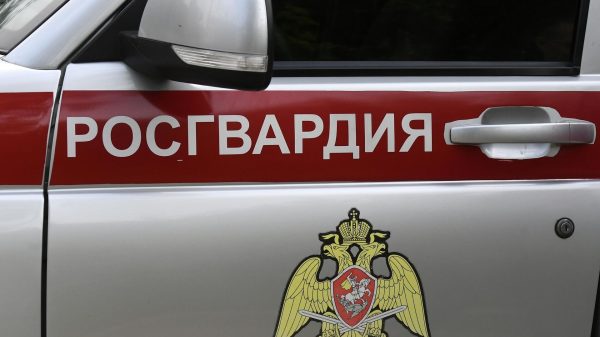
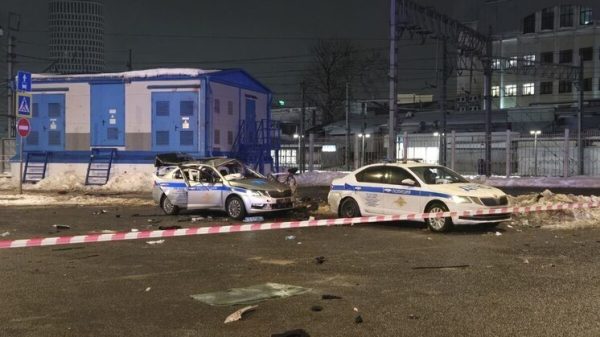





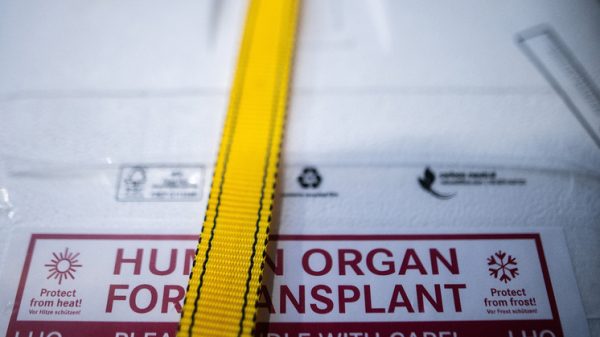
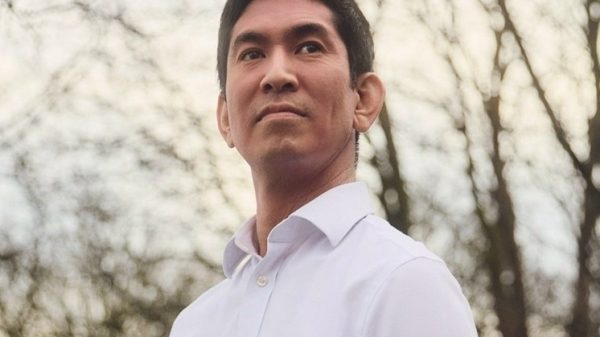

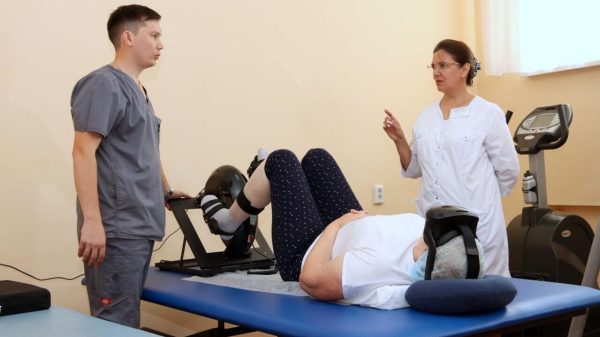















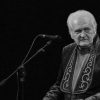
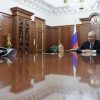
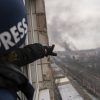














Свежие комментарии